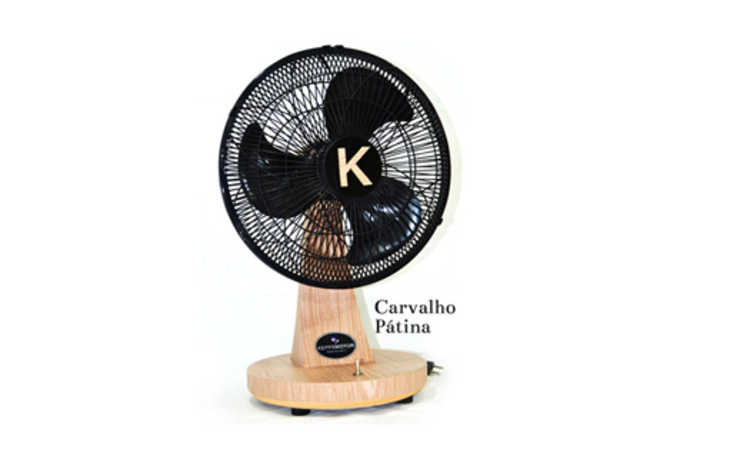Carbs: bad guys or good guys?
Before adhering to exaggerated carbohydrate diets, understand what carbohydrates are and how important they are to the human body. Discover foods rich in carbohydrates

Present in most tasty foods, carbohydrates are known and hated by those who want to lose weight and many end up seeing them as villains on the way to the ideal weight, or rather, delicious villains. However, before you stick to the (cut) carbohydrate diet without even knowing carbohydrate-rich foods (spoiler alert!) know that they are not bad guys or good guys... They're just absolutely necessary in your diet.
We will learn a little more about what carbohydrates are, which foods are present and their importance.
Carbohydrate function
Carbohydrate is the body's main source of energy. It regulates protein metabolism, meaning it prevents the body's proteins from being used for energy production - ensuring that they continue to fulfill their tissue-building function. Carbohydrates also stimulate the movements of the gastrointestinal tract and are necessary for the proper functioning of the central nervous system.
carbohydrate sources
The most common carbohydrate sources are sugar, starch and fiber. It is here that it is worth highlighting the necessary care before adhering to a carbohydrate diet - since these diets advocate the total cut of this food group, which can bring health risks.
- Sugar: is found naturally in some foods, including fruits, vegetables, milk and dairy products. It is also added to some foods during processing, such as biscuits and canned food with oils. The World Health Organization (WHO) recommends eating less than 25 grams of sugar per day. Check out the article "Sugar: the newest villain in health" and understand better;
- Starch: appears naturally in some vegetables such as potatoes, cassava, corn and rice. It is also found in beans and pulses. Many grains have a high amount of starch;
- Fiber: Found only in plant-derived foods. It's in vegetables, fruits, nuts, breads, pastas and whole grains. Find out what foods are rich in fiber and why they are essential for the proper functioning of the human body.
Simple and complex carbohydrates
Carbohydrates are classified as simple and complex. Simple carbohydrates (monosaccharides and disaccharides) have only one or two sugars. They are used quickly and easily by the body for energy because they have a simple chemical structure that is easy to break. It may seem like a good thing if you're in need of a quick energy boost, but usually simple carbohydrates are considered bad because they can lead to a spike in blood sugar, followed by a sudden drop. Soft drinks, white bread, sweets and desserts are examples of foods that contain simple carbohydrates.
Although the sugars present in fruits and vegetables are simple, the fiber that these foods contain makes them considered as sources of complex carbohydrates.
Complex carbohydrates (polysaccharides) are more complicated, as the name implies. The binding of three or more sugars makes their chemical structure complex. They are carbohydrates that take longer to digest and have a less immediate impact on blood glucose, causing energy to increase at a slower rate.
Because they take longer to break down, complex carbohydrates provide longer lasting energy. Whole grains and breads and starchy vegetables like beans and peas are sources of complex carbohydrates.
Complex carbohydrates are recommended for those who are dieting or looking to gain muscle mass, being heavily consumed before and after weight training.
Typically, complex carbohydrates are considered healthy and "good", while simple carbohydrates are harmful or "bad". However, in reality, its status they vary according to the need of the one who consumes them.
How many carbs do you need?
According to nutritionist Cristiane Perroni, carbohydrates should make up 60% of your diet. Many think about cutting them to reach the ideal weight, however this can turn out to be a bad idea, as the lack of carbohydrates can cause tiredness, irritation and imbalance in the body.
Fibers are the most praised carbohydrates that are most recommended for consumption due to their health benefits. They contribute to digestive health, regulate intestinal transit and help maintain a feeling of fullness after eating longer. Evidence suggests that a high-fiber diet can help reduce the risk of cardiovascular disease, obesity, and type 2 diabetes.
Be smart with your carbs
Although both have carbohydrates, between a serving of fries and a salad with vegetables, a salad is a wiser choice, as is the choice between fruit and a piece of cake (from a nutritional point of view, of course).O Mayo Clinic, considered one of the best hospitals in the world, gave some tips on how to wisely incorporate carbohydrates into your daily life:
- Invest in high-fiber fruits and vegetables: choose fresh, frozen or canned fruits without added sugar. Fruits and vegetables also have the benefit of containing fiber.
- Go for whole grains: Whole grains are better sources of fiber and other important nutrients like selenium, potassium and magnesium. Refined grains go through a process that removes parts of the grain - along with some of the nutrients and fiber.
- Prefer skimmed dairy products: the amount of carbohydrate varies between dairy products, so read the packaging and choose the one with no added sugar.
- Eat more vegetables and legumes: vegetables contain little fat, almost no cholesterol and lots of fiber - that is, they are very good for your health.
- Limited Sugar: Too much added sugar (and sometimes natural sugar) can lead to health problems such as tooth decay, poor nutrition and weight gain.
Carbs still haven't convinced you?
According to a study published in Quaterly Review of Biology, carbohydrates may gain some credence in the evolution of the human brain. Researchers argue that the human brain depends on consuming carbohydrates - starch in particular - to thrive. Scientists say carbohydrates have been the key to brain growth and development for about a million years.
What's up? Feel like devouring a whole grain bread sandwich? Remember: smarter than adopting the latest fad carbohydrate diet is to bet on dietary re-education. Healthy eating should be varied and have as much fresh, natural food as possible - and as little processed and ultra-processed foods as possible. Balance and knowledge about what you eat are the keys to a diet that works for your health.










